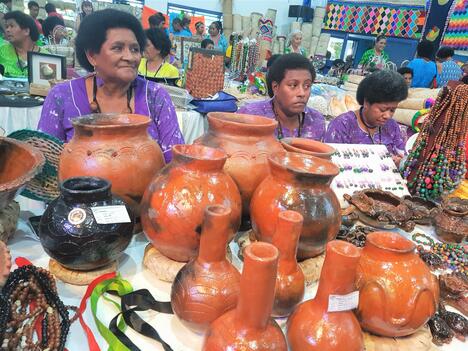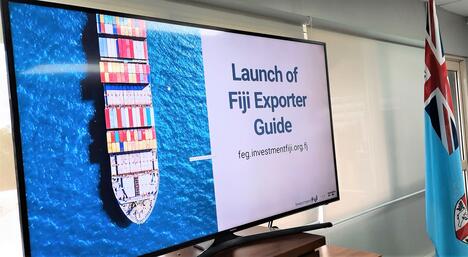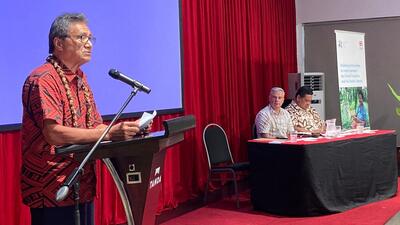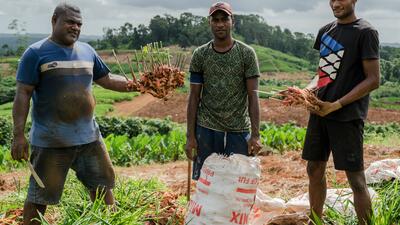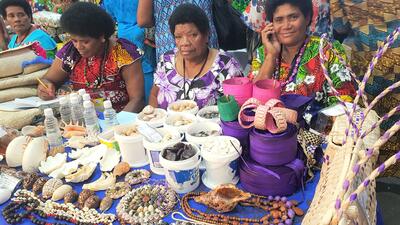
A bright future for small business in Fiji
Evelyn Seltier talked with Craig Strong, chief executive officer of Fiji’s investment and trade promotion agency Investment Fiji, about how small businesses on the small Pacific Island state were able to survive the export crisis – and what their plan is to make sure it stays this way.
How is the broader business support landscape in Fiji when it comes to providing export promotion services to small businesses?
The Fijian Government has made major changes in taxes and policies to stimulate the economy and bring back confidence. Fiji is making itself a manufacturer’s destination of choice with new incentives to tap into international eagerness to relocate assembly and manufacturing lines to Fiji.
A number of reforms will improve the business environment, especially for micro, small and medium-sized enterprises (MSMEs), such as finalizing the MSME Act, the Investment Bill and Amendments to the Co-operatives Act.
Another initiative to support small business growth is scrapping business licenses for aspiring Fijians, as the procedures were cumbersome.
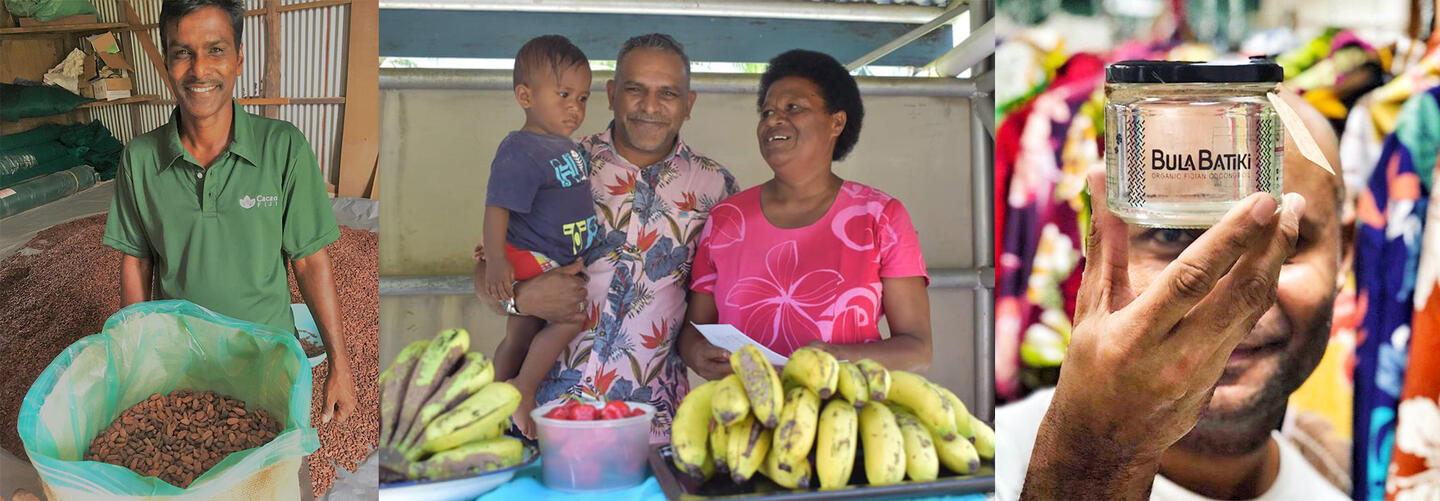
The Ministry of Commerce, Trade, Tourism and Transport’s Young Entrepreneurship Scheme provides support of up to $30,000 for young business entrepreneurs with innovative ideas. The National Export Strategy on the other hand assists existing and new exporters with competitiveness, value addition, export diversification and growth in targeted markets overseas.
The Fiji Commerce & Employers Federation, with support from the Australian Government-funded Market Development Facility, is Fiji’s first private sector-led business acceleration programme on one-on-one mentoring and networking activities.
The Market Development Facility focuses on improving the competitiveness of Fiji’s high value agriculture and urban industries. Moreover, the recently established Business Processing Outsourcing Council, Destination Marketing Organizations and Fiji Commerce & Employers Federation’s Fiji Enterprise Engine Accelerator Program for women and young entrepreneurs are all initiatives that promote small business growth.
Our capacity-building programmes, online resources, virtual trade expos and an extensive international network have provided small businesses with the right platform to get their business and products export-ready for the global market.
How has Investment Fiji been supporting small businesses in staying resilient during the COVID-19 crisis?
When COVID-19 emerged last year, we knew we had to re-strategize and push harder to build the resilience of local exporters. We developed an Exporter Guide with the Market Development Facility to assist emerging small businesses become export-ready.
Collaborations with local and international stakeholders for capability-building webinars and virtual trade expos further promote Fijian products to the global market. Our export advisors are in regular contact with small businesses and assist through trainings, webinar sessions on connecting to markets, liaisons with key agencies on approvals and roadblocks, site visits and after-care support.
How do you see the situation for small business in the Pacific in a post-pandemic world?
From our perspective, small businesses are now the focus. Our pillars for recovery are export growth, direct domestic investment and foreign direct investment, and we are broadening the economic base of our key sectors in the areas of agriculture, fisheries, forestry, tourism, digital economy, maritime transport, manufacturing and infrastructure.
We are focusing on investment holistically. As part of our sustainable recovery strategies, domestic investment is critical as we look to broaden our economic base. We need to ensure we match current investors with businesses who are able to grow into that space.






